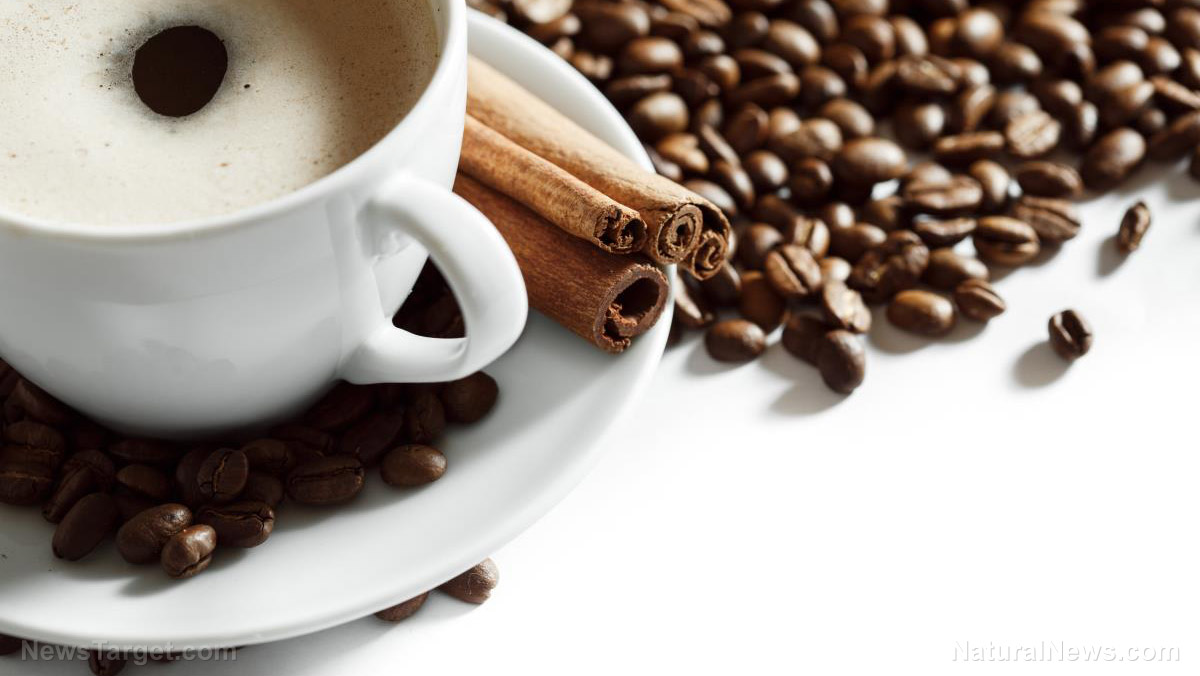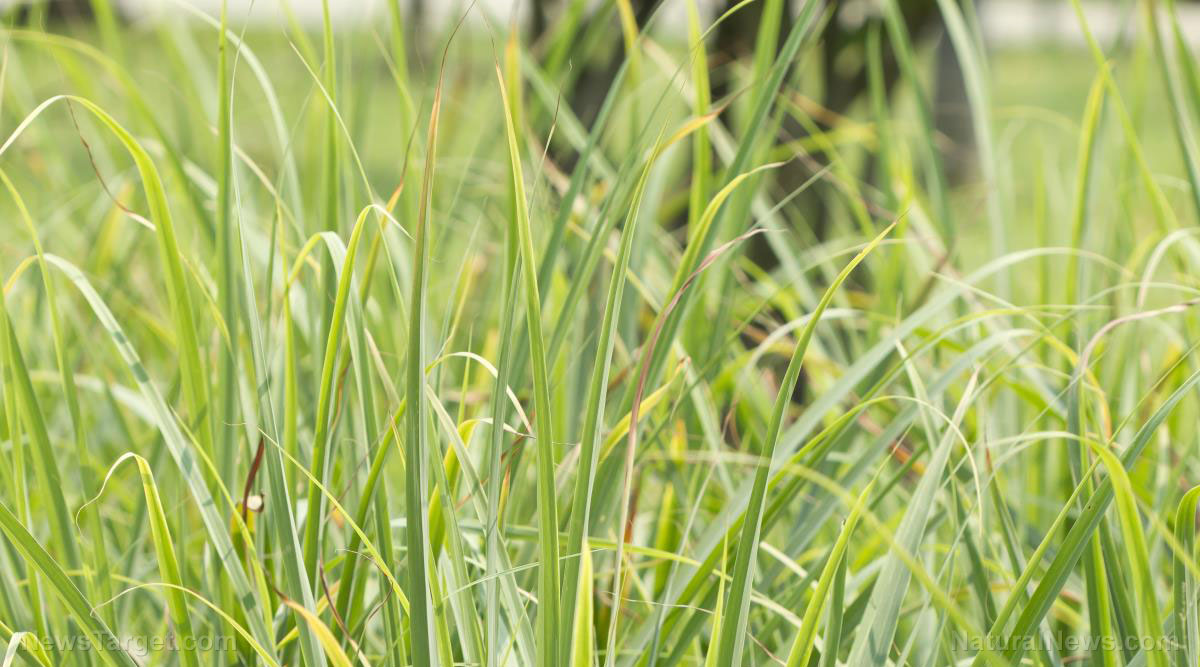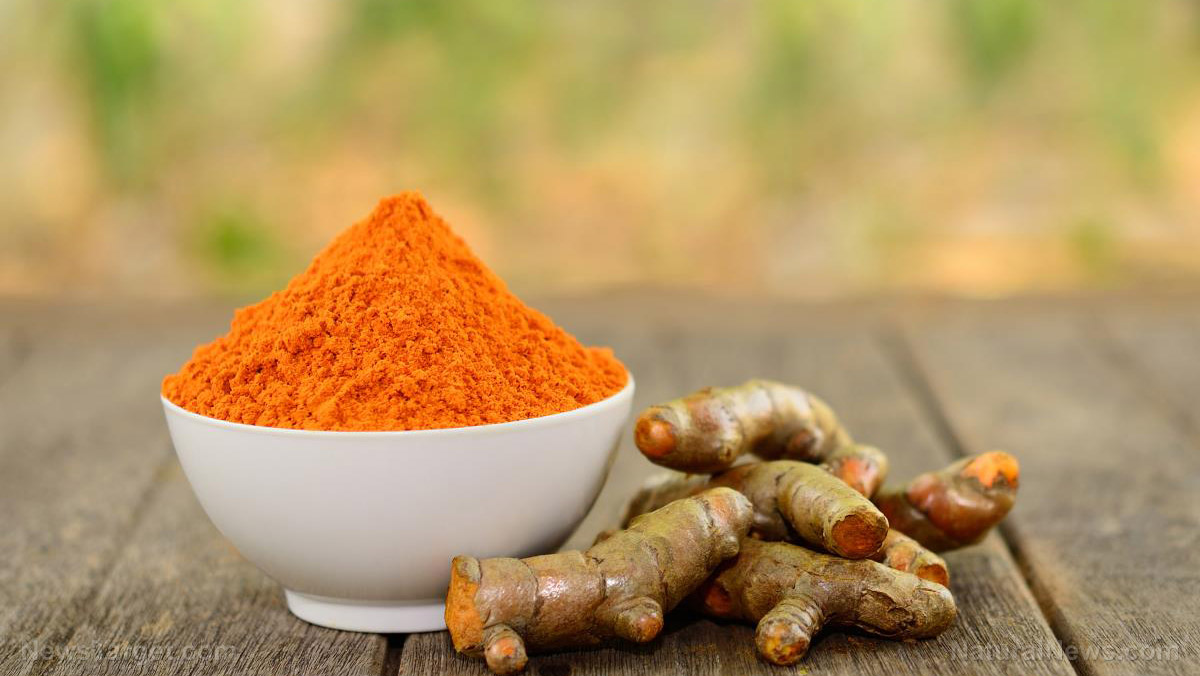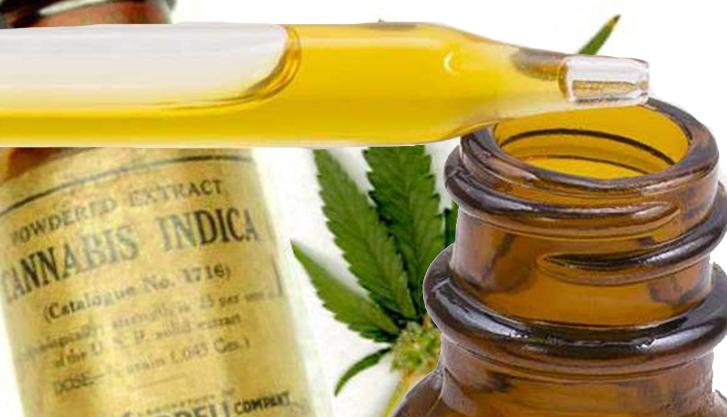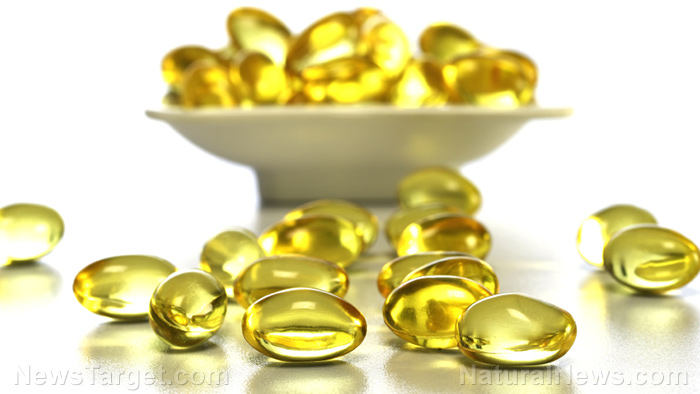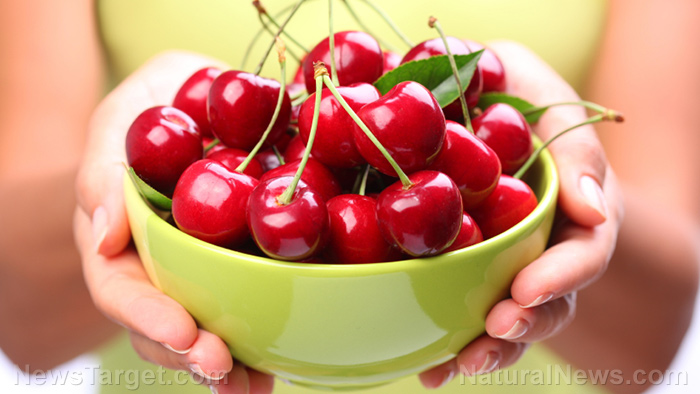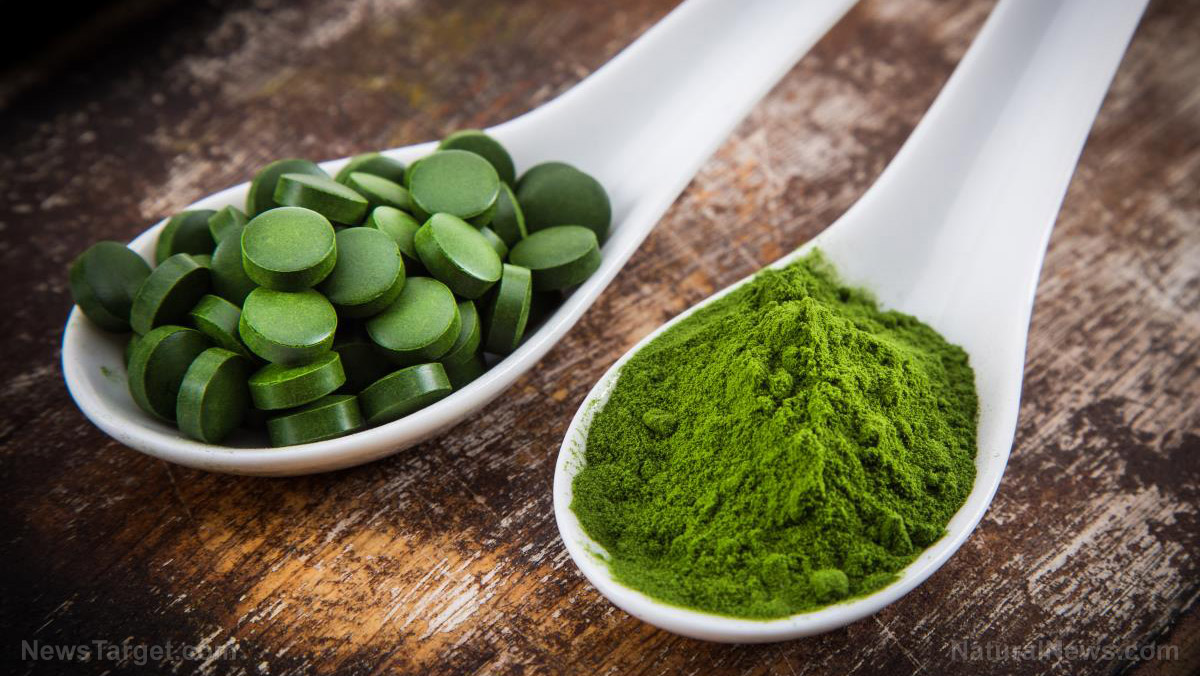A growing body of evidence is backing the health benefits of curcumin
10/04/2018 / By Ralph Flores

The benefits of curcumin, the most active ingredient in turmeric, have already been well-known and well-discussed.
In a recently-published paper, these benefits are front-and-center once more, as the many benefits of the compound curcumin, which are extracted from the spice turmeric, were discussed. According to the paper, the compound helps manage oxidative and inflammatory conditions, metabolic syndrome, arthritis, anxiety, and high cholesterol levels (hyperlipidemia). Additionally, it may also help soothe inflammation brought about by exercise and muscle soreness, as well as enhance recuperation and performance for people with high physical activity. (Related: Curcumin’s healing powers revealed – How this herb protects you from diabetes.)
Curcumin is a polyphenol, which is defined as a chemical compound that functions as a micronutrient with antioxidant activity. This is seen by how the substance interacts at the cellular level to provide a variety of health benefits. The review notes that curcumin is shown to be conducive to addressing inflammation, metabolic syndromes, and pain. It has also helped manage certain eye problems such as inflammation and degeneration, as well as helped aid the kidneys.
Moreover, low doses of the chemical can provide health benefits to individuals with no diagnosed health conditions due to its anti-inflammatory and antioxidant effects.
Even the authors of the paper were surprised with the benefits of curcumin. “We felt that the evidence for health support and benefits was growing stronger and that a strong signal is there,” Dr. Douglas Kalman of the Florida Atlantic University explains. “The evidence surprised us. We review a lot of science related to dietary supplements. Few have been as convincing as curcumin. But that being said, the science speaks for itself as growing and real.”
Mother Nature's micronutrient secret: Organic Broccoli Sprout Capsules now available, delivering 280mg of high-density nutrition, including the extraordinary "sulforaphane" and "glucosinolate" nutrients found only in cruciferous healing foods. Every lot laboratory tested. See availability here.
Researchers found significant impacts of curcumin, both at the cellular and macro levels, where the compound acts on metabolic processes. One of the most notable results is that of curcumin’s effect on muscles after an exercise – it can alleviate soreness of the muscles after physical activity. This effect bodes well for the polyphenol’s possible application in sports, including nutrition.
It should be noted that curcumin as a compound is famously hard to be taken in by the body. However, there is proof that turmeric in its basal state (its most basic form) can still provide health benefits when it is consumed as a part of a regular diet. Additionally, despite its difficulty in being digested, the polyphenol still contains potent antimicrobial effects. The paper notes the wide variance in the dosage of curcumin – products may contain anywhere from 2.5 percent to nine percent of the compound. Some of the ways that were proposed to improve absorption include putting curcumin inside lipid carriers to protect it and ensure the body receives it quickly.
Currently, one of the most established ways of digesting curcumin is through the use of piperine, which is an extract of black pepper. When it is combined with curcumin, bioavailability is noted to increase by 2000 percent. This effect is one of the main ideas that can be explored in future studies.
To know more about the health benefits of curcumin, head over to Cures.news today.
Sources include:
Tagged Under: anti-inflammatory, curcumin, disease prevention, natural antioxidants, natural cures, natural medicine, polyphenol, turmeric




